 For this end-of-the-year/start-of-the-year How on Earth show, we look back to 2017 with clips from some of our features from the past year: selections about tracking methane leaks, ketogenic diets, using MDMA to treat PTSD, gravitational waves, the solar eclipse, space missions, and the politicization of science. Those are just a few of the topics we covered in 2017, which also included: the continuation of the Our Microbes, Ourselves series, global warming and climate change, research about aging, mutant proteins, how humans have altered nature, future technologies, nuclear tests and the Van Allen belts, biofuels, extinctions following an asteroid impact, monorails, life expectancy in America, observing stellar occultations by objects in the distant solar system, space shields for satellites, virtual colonoscopies, the Search for Extraterrestrial Intelligence (SETI), chronic fatigue syndrome, protecting pollinators, testing our drinking water, cancer, the Long Now foundation, citizen science, fracking, and more!
For this end-of-the-year/start-of-the-year How on Earth show, we look back to 2017 with clips from some of our features from the past year: selections about tracking methane leaks, ketogenic diets, using MDMA to treat PTSD, gravitational waves, the solar eclipse, space missions, and the politicization of science. Those are just a few of the topics we covered in 2017, which also included: the continuation of the Our Microbes, Ourselves series, global warming and climate change, research about aging, mutant proteins, how humans have altered nature, future technologies, nuclear tests and the Van Allen belts, biofuels, extinctions following an asteroid impact, monorails, life expectancy in America, observing stellar occultations by objects in the distant solar system, space shields for satellites, virtual colonoscopies, the Search for Extraterrestrial Intelligence (SETI), chronic fatigue syndrome, protecting pollinators, testing our drinking water, cancer, the Long Now foundation, citizen science, fracking, and more!
Hosts: Joel Parker, Susan Moran
Producer, Engineer: Joel Parker
Additional Contributions: Beth Bennett, Shelley Schlender
Executive Producer: Susan Moran
Listen to the show:
Podcast: Play in new window | Download (Duration: 25:19 — 34.8MB)
Subscribe: RSS




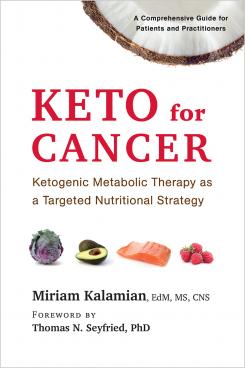
 This week on How on Earth, Beth finishes the interview with Miriam Kalamian, author of Keto for Cancer. This encyclopedic volume lays out the groundwork for using a ketogenic diet to treat cancer. But, as the author points out, the diet, which starves cancer cells, should be used in conjunction with other therapies. To see the book, go to https://www.chelseagreen.com/keto-for-cancer; to see Miriam’s website go to https://www.dietarytherapies.com/
This week on How on Earth, Beth finishes the interview with Miriam Kalamian, author of Keto for Cancer. This encyclopedic volume lays out the groundwork for using a ketogenic diet to treat cancer. But, as the author points out, the diet, which starves cancer cells, should be used in conjunction with other therapies. To see the book, go to https://www.chelseagreen.com/keto-for-cancer; to see Miriam’s website go to https://www.dietarytherapies.com/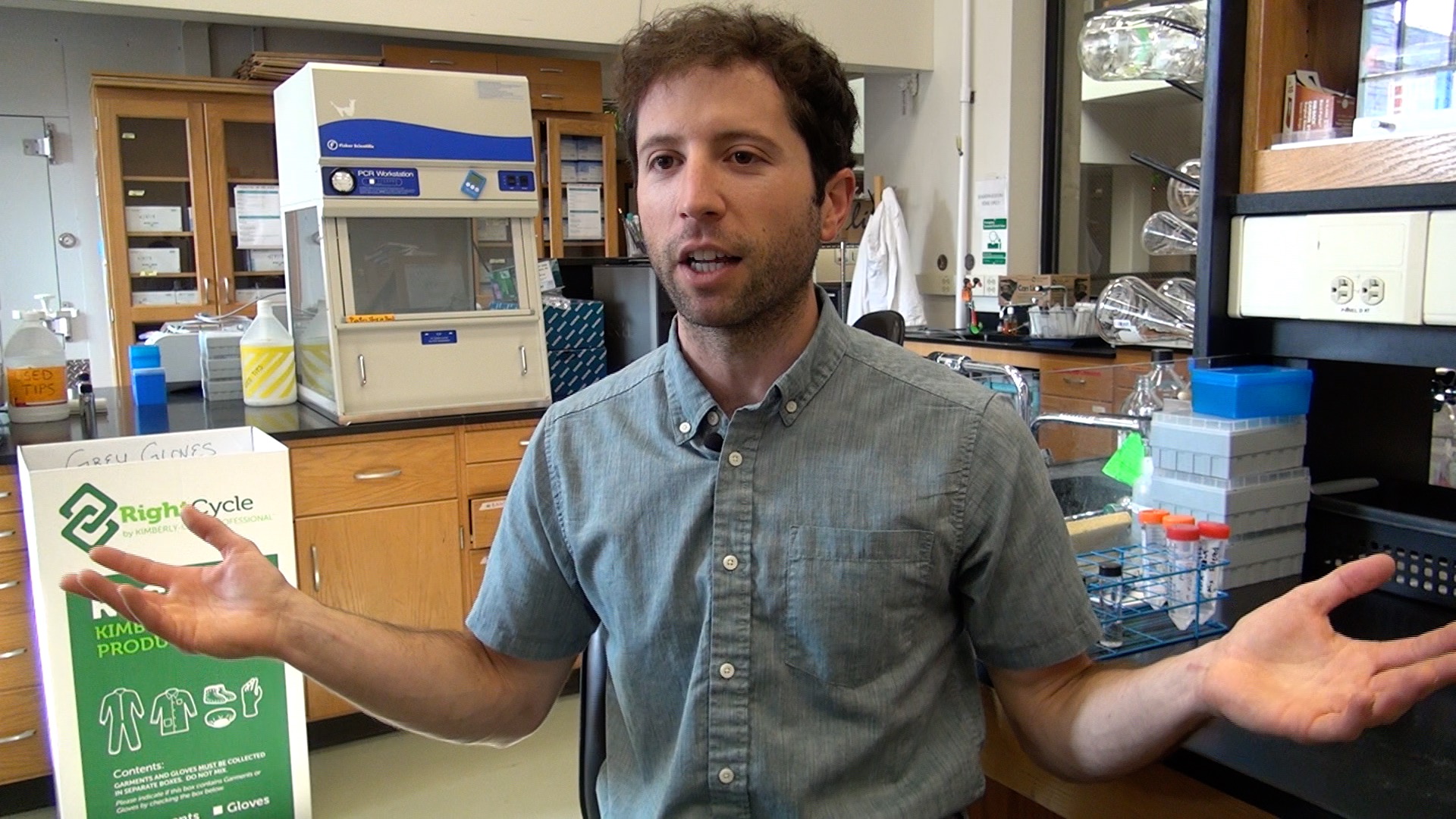

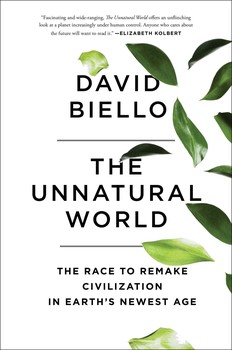
 The Unnatural World (start time: 6:58): It’s an audacious topic for a book: the planet, and audacious individuals who are working to save — actually, to remake — human civilization and our home on Earth.
The Unnatural World (start time: 6:58): It’s an audacious topic for a book: the planet, and audacious individuals who are working to save — actually, to remake — human civilization and our home on Earth. 
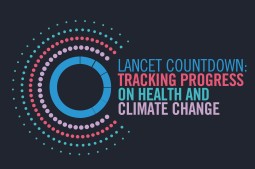



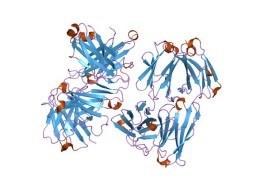
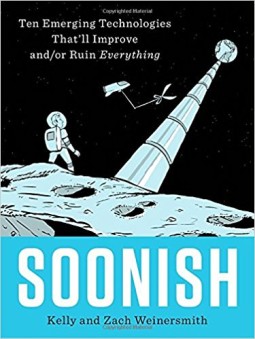

 In 1963, the United States, the Soviet Union, and Great Britain signed the
In 1963, the United States, the Soviet Union, and Great Britain signed the 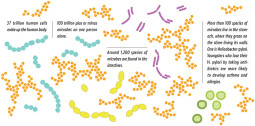
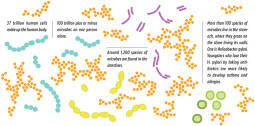 This week on How on Earth, Beth interviews Dr Martin Blaser of New York University who challenges the assumption that antibiotics are harmless drugs targeting only harmful pathogens. In his recent book, Missing Microbes, Blaser presents the evidence that antibiotics are causing the extinction of important bacteria in our microbiome. These microbes have co-evolved with us, so losing them puts us at risk of many of the rising diseases of our society: asthma, allergies, eczema and obesity. Check out his book:
This week on How on Earth, Beth interviews Dr Martin Blaser of New York University who challenges the assumption that antibiotics are harmless drugs targeting only harmful pathogens. In his recent book, Missing Microbes, Blaser presents the evidence that antibiotics are causing the extinction of important bacteria in our microbiome. These microbes have co-evolved with us, so losing them puts us at risk of many of the rising diseases of our society: asthma, allergies, eczema and obesity. Check out his book: